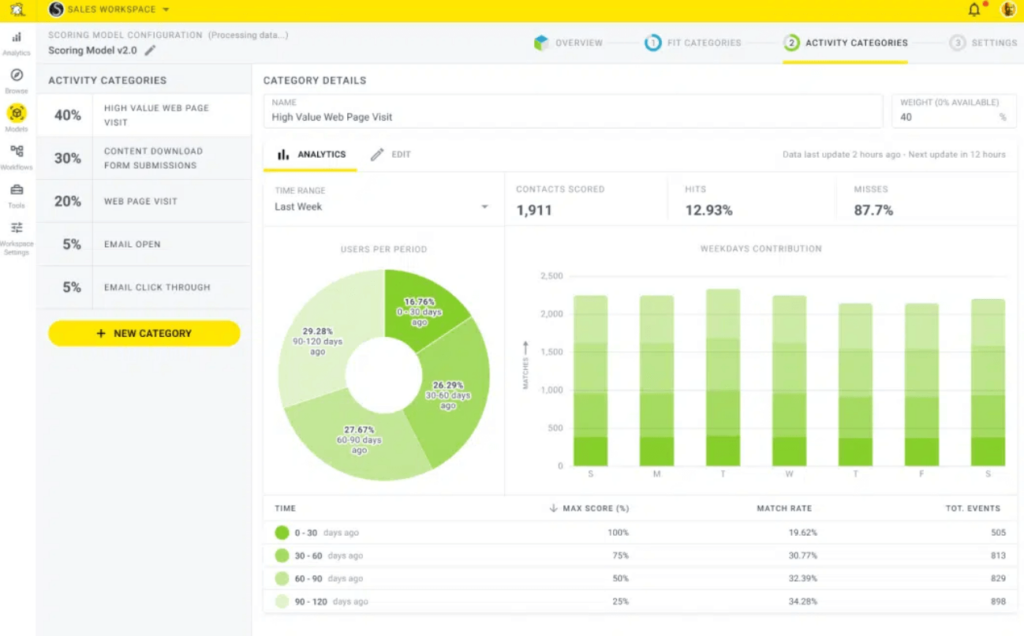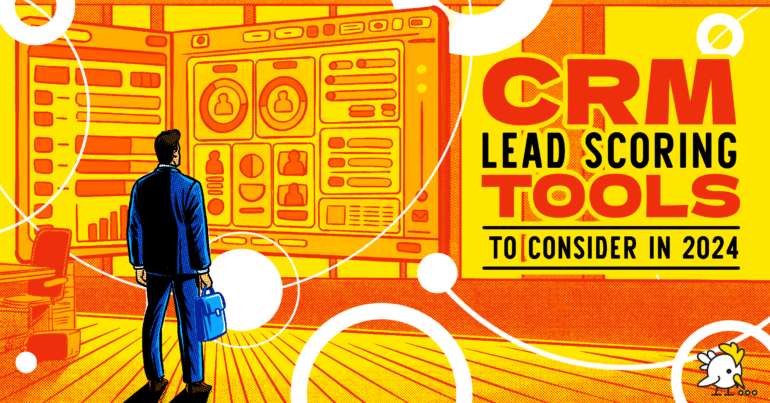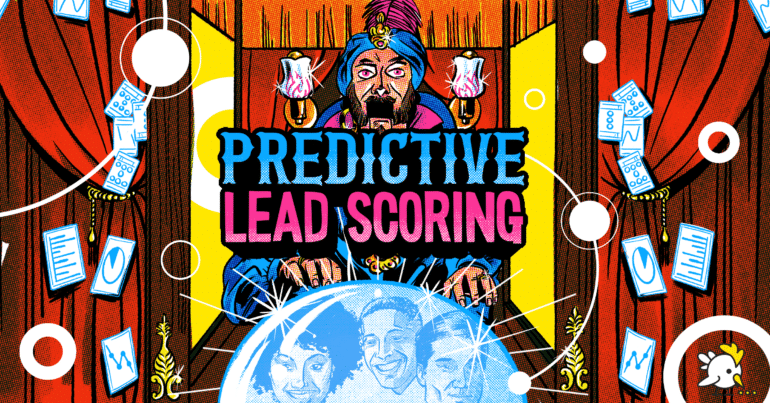

Unkover your competitors’ Marketing Secrets
Say goodbye to wasting hours on competitor analysis by equipping your team with an AI-driven, always-on competitive intelligence platform.


Say goodbye to wasting hours on competitor analysis by equipping your team with an AI-driven, always-on competitive intelligence platform.

Stay Ahead with AI-DRIVEN Competitive Intelligence
Unkover is your AI-driven Competitive Intelligence team delivering critical updates about your competitors the moment they happen:
Track your competitors website changes
Why spend all day stalking the competition when you don’t have to?
With Unkover, you’ll know instantly when your competitors tweak their messaging or shake up their pricing. No more endless scrolling through their sites or second-guessing your strategies.
Let us do the heavy lifting for you, ensuring you’re always in the loop by notifying you the moment a critical change happens on your competitor’s pages.
Sit back, relax, and keep winning—Unkover makes sure you’re not just in the game, you’re always a step ahead.


Read your competitors emails
Companies love updating their customers and prospects about relevant news, product updates, and special offers.
That juicy info from your competitors? It’s yours too. Unkover will automatically capture all their emails and bring them right to your doorstep—accessible to your entire team, anytime.
[COMING SOON: Our fine-tuned AI will sift through these emails, extract key information and send them over to the best team within your org. Less noise, more signal!]
We hear you! Unkover’s goal is not to flood you with tons of data points that no one in your team will ever read. We gather competitive intelligence from thousands of data sources and use AI to highlight actionable information to the right team in your company.
Say goodbye to noise. We’re 100% signal.
ROADMAP
We’re excited to get Unkover in your hands as soon as possible and keep building the best competitive intelligence tool with your precious feedback. The roadmap for the next few months is already exciting, so take a look!
While we build and deliver, here’s our promise to you: as an early tester and customer, you’ll lock in an exclusive bargain price we’ll never offer again in the future.

Spy on your competitors’ full marketing strategy: social, ads, content marketing, email flows, and more.

Track competitive Win/Loss analysis and build battle cards. Get alerted at every pricing change.

Get immediate alerts when competitors announce new features or major releases. Identify strengths and weaknesses from online reviews.

Get the competitive intelligence you need where you need it: Slack, eMail, MS Teams, Salesforce, Hubspot, Pipedrive and more.
slack integration
Unkover’s Slack integration lets you keep your whole team up to speed with your competitors’ updates.

Join now to lock in an exclusive 50% lifetime discount
For startups and small teams, it’s the essential toolkit you need to keep an eye on a select few competitors.

Up to 5 competitors

50 pages monitored

10 email workflows

3-day data refresh
$39
/per month
$ 79
50% discount
Billed annually
For growing businesses, it allows you to monitor more competitors, pages, and email workflows.

Up to 10 competitors

100 pages monitored

20 email workflows

1-day data refresh
$79
/per month
$ 159
50% discount
Billed annually
For large companies, it is tailored to meet the needs of multiple teams needing granular insights.

Custom number of competitors

Custom number of pages monitored

Custom number of email workflows

Hourly data refresh
Custom price
Billed annually

Artificial Intelligence (AI) has been captivating us for decades as we saw computer systems able to do more and more. AI has reached incredible levels of functionality, and with today’s technology, it’s becoming more readily available than ever before as businesses find new uses for it… including in sales and marketing.
While sales is largely a human-to-human specialty, Machine Learning and AI have both offered exceptional new ways to connect with more users, drive more leads, and create stronger and more effective sales experiences for everyone involved.
But what exactly is the role of AI and Machine Learning in sales today? When and how should it be used to the best effect?
That’s what we’re here to discuss.
The terms “Machine Learning” and “artificial intelligence” are sometimes used interchangeably, but they’re two completely separate things, and it’s important to differentiate between the two.
AI is the notion that machines can take in information and then respond, react, and/or take some sort of action in a way that mimics human behavior.
Think of a self-driving car; it has sensors that can recognize that a deer (or at least that something) ran out in front of the car, and it can slam on the brakes.
On the other hand, Machine Learning is the ability of machines to continuously learn, improve predictions, and potentially make optimizations based on what they’ve learned from large data sets.
Much online software (including SaaS tools and PPC platforms) actually uses some form of Machine Learning. It’s how Facebook can test out different audiences for a single ad and ultimately determine which ad is best suited for each audience to get a specific desired action (like a click or video view) to occur.
AI and Machine Learning are two different things, but both have a role in sales.
Artificial Intelligence is nascent, and it can be tricky regarding sales. You’ve got different options for tools that can improve sales. My go-to suggestion would be something like Jasper (formerly Jarvis), where you can use AI-fueled tech to improve on or generate subject or body copy in an email, for example, while reducing the time it takes to create copy at scale.
Machine Learning, however, is incredibly powerful when it comes to sales teams. It can consume enormous datasets and does so objectively; there’s no human bias or error given the ML training data. This can help you garner insights that can provide recommendations on everything from who your sales team should reach out to and what the best approach to do so would be.
Whether it’s AI like Jasper or Machine Learning like Breadcrumbs, thoughtful human inputs are crucial in applying these tools to business.
As much as bias-free analysis and data-driven decision-making seem like the ideal approach, this is true contextually. Context is a uniquely human concept that must inform the application of AI or ML for the action or outputs to be meaningful.
Think of the world of chatbots; if there is some natural disaster or another catastrophe that directly impacts your customers, and they are flocking to your site for help or support at the moment, your AI-driven chatbot is most likely oblivious. A human would need to intervene to ensure your chatbots respond appropriately to the current situation.
You can see this with lead scoring tools like Breadcrumbs.
Lead scoring and contact scoring is the process of using qualities like a client’s demographic traits (like job position, industry, company size) and activities (site clicks, email responses, in-app activity) to help your sales team identify new sales opportunities.
This includes high-value leads who are most likely to convert, and it also covers existing customers who can be sold on new or higher-cost features.
Machine Learning has definitely impacted lead scoring in significant ways.
Here at Breadcrumbs, we believe a human-driven but Machine Learning assisted approach is the best way to go.

That being said, Machine Learning can help you assess and optimize what’s currently working. Our algorithm can process and analyze enormous data sets to help you determine which industries, locations, company sizes, job titles, and behaviors impact your propensity to purchase. This makes it easier for sales managers and members to identify those opportunities immediately so they can act the second it’s relevant.
And even beyond lead scoring, Machine Learning can help sales reps determine which action to take. Suppose it recognizes that prospects that fit a certain buyer persona respond well to a specific offer, communication type, or deal. In that case, Machine Learning can offer those tips to your sales team. As a result, their chance of success goes up with each deal, giving you better revenue acceleration potential.
It’s essential to acknowledge, of course, that the human-first aspect we mentioned above is important; there are certain things that Machine Learning algorithms just aren’t prepared to handle in a timely fashion (at least not yet).
This might include shifts in your brand identity, a change in your target audience, or even an overall adjustment to the market. There are a number of different factors that can cause dramatic changes in what contacts may be high-value or high-intent very quickly.
Recently, using Breadcrumbs for our own purposes highlighted interest from Financial Services companies.
This is a vertical that we hadn’t previously considered as a target, and without Breadcrumbs, it likely would have taken much longer for us to identify the opportunity. However, if Breadcrumbs had simply been allowed to prioritize FinServ leads autonomously, we would have been facing some serious challenges.
Our sales team would have been ill-prepared to speak to these prospects in a relevant way and would have been unarmed without the necessary content and collateral to support these conversations.
Instead, humans reacted contextually to ensure all of the elements were in place to take advantage of this information and, when appropriate, decided to change the prioritization of leads with Breadcrumbs.

Salesforce is one of the most high-powered sales and CRM-focused SaaS tools on the market…

Every good sales team needs a great customer relationship management (CRM) tool backing them up. …

Over the past decade, we’re sure that you’ve noticed that your marketing tech stack options…
By incorporating AI tools, like an AI writer, into your marketing and sales teams, you can unlock new opportunities, optimize processes, enhance customer experiences, optimize operations, and drive meaningful growth like never before.
To help you understand how AI can supercharge your marketing and sales teams, watch the recorded version of our free webinar, How To Operationalize AI In Your MarTech Stack, where Mike MacFarlane, Founder and President of 3MG, shares his insights and practical guidance on leveraging AI tools to transform your operations.
During the webinar, Mike explores real-life examples demonstrating how readily available AI tools can revolutionize your daily efficiency. He explores how AI can streamline processes, automate repetitive tasks, and provide data-driven insights to drive better decision-making. Whether you’re new to AI or looking to optimize your existing AI initiatives, this webinar will provide you with valuable strategies and actionable tips.

Webinar
How To Operationalize AI In Your MarTech Stack
Join us as Mike MacFarlane, Founder and President of 3MG, reveals how AI can supercharge your daily efficiency. He’ll also give us a practical guide, underpinned by real-life examples, on leveraging readily available AI tools to transform your operations.
Don’t miss this chance to stay ahead of the curve in the fast-paced world of B2B marketing and discover how AI can empower your marketing and sales teams.
Machine Learning and AI technology absolutely have a place in the sales and RevOps world. That’s not going away any time soon, and the automation, optimization, and analysis that these tools can offer are exceptional.
They are not, however, an end-all-be-all approach to sales. Your sales approach still needs to have a strategy and be action-driven, primarily by your talented sales reps.
It’s essential to remember that nothing can replace well-trained sales organizations, their knowledge, and their instincts. They can respond in real time with judgment calls that no machine can match. These tools are meant to be assistive instead of making up the entirety of your sales strategy.
You need those talented, well-trained salespeople who love your brand, know your product, and truly want to help your customers find the perfect fit for them. You can use AI tools to streamline the process and Machine Learning to make your processes more effective, as long as you keep a talented team at the center of your work.
Want to learn more about leveraging Breadcrumbs lead scoring and Machine Learning to identify more sales opportunities? Book your free demo here.
Artificial intelligence (AI) refers to the simulation of human intelligence processes by machines, specifically computer systems. It encompasses various technologies and techniques that enable computers to mimic human-like problem-solving and decision-making capabilities. AI is often powered by machine learning (ML), a subset of AI that focuses on algorithms and statistical models that allow systems to learn from data and improve over time.
Machine Learning (ML) is a subfield of Artificial Intelligence (AI) that focuses on developing algorithms and models to enable machines to learn from data and make predictions or decisions without explicit programming. ML algorithms analyze large data sets, identify patterns, and use them to make informed predictions or take actions.
Artificial Intelligence (AI) and Machine Learning (ML) are terms often used interchangeably, but they have distinct differences in scope and functionality.
In simple terms, AI is the broader concept that encompasses the idea of creating intelligent machines, while ML is a specific approach within AI that involves training computer systems using data to make predictions or decisions.
To illustrate the difference, consider an example in sales: Suppose we want to develop a system that predicts customer buying behavior. With AI, we would focus on creating a system that understands and interprets customer preferences, analyzes market trends, and simulates human-like decision-making processes. ML, as a subset of AI, would involve training a machine learning model using historical sales data and customer attributes to predict future buying patterns.
The question of whether AI and ML will replace B2B sales is a topic of much discussion and speculation. While AI and ML has undoubtedly transformed the sales landscape, it is unlikely to replace B2B salespeople entirely.
B2B sales involve building relationships, understanding complex buyer needs, and providing tailored solutions. While AI can enhance sales effectiveness by providing data-driven insights and automating certain tasks, it cannot replicate the unique human connection that salespeople bring.
B2B sales often operate in intricate selling environments where deep industry knowledge, strategic thinking, and negotiation skills are essential. Sales professionals possess expertise and experience that machine learning algorithms cannot easily replace.
Understanding emotions is vital in sales, particularly in B2B settings where high-stakes decisions are made. Salespeople excel in understanding customer needs, addressing concerns, and building strong relationships based on emotional intelligence.
B2B sales require consultative selling approaches, where salespeople actively engage with clients, ask probing questions, and provide customized solutions based on individual business requirements.
While AI may automate certain tasks, it is more likely to augment salespeople rather than replace them. Sales managers can leverage AI tools and insights to enhance their performance, focus on higher-value activities, and make data-driven decisions.
Lead scoring can be made easier and more accurate by using machine learning. This method involves analyzing different aspects of a potential lead’s behavior, such as their website visits, email engagement, and in-product activity. The insights gained from this analysis can help identify which leads are most likely to become customers.
By implementing lead scoring through machine learning, businesses can optimize their sales process and achieve greater revenue by focusing on the most promising leads. This practical and valuable tool allows sales teams to work more efficiently and effectively, leading to higher conversion rates and improved bottom lines.
Breadcrumbs leverages a machine learning-assisted approach for lead scoring, which combines the power of AI algorithms with human expertise. This unique approach enhances the accuracy and effectiveness of lead scoring by leveraging the insights and intuition of experienced sales professionals.
And remember: Incorporating AI tools in your marketing and sales teams is a strategic move that can propel your business forward. By harnessing the power of AI, you can enhance customer experiences, optimize operations, and drive meaningful growth. Embrace the possibilities of AI and unlock a world of opportunities for your business. Watch the webinar today!